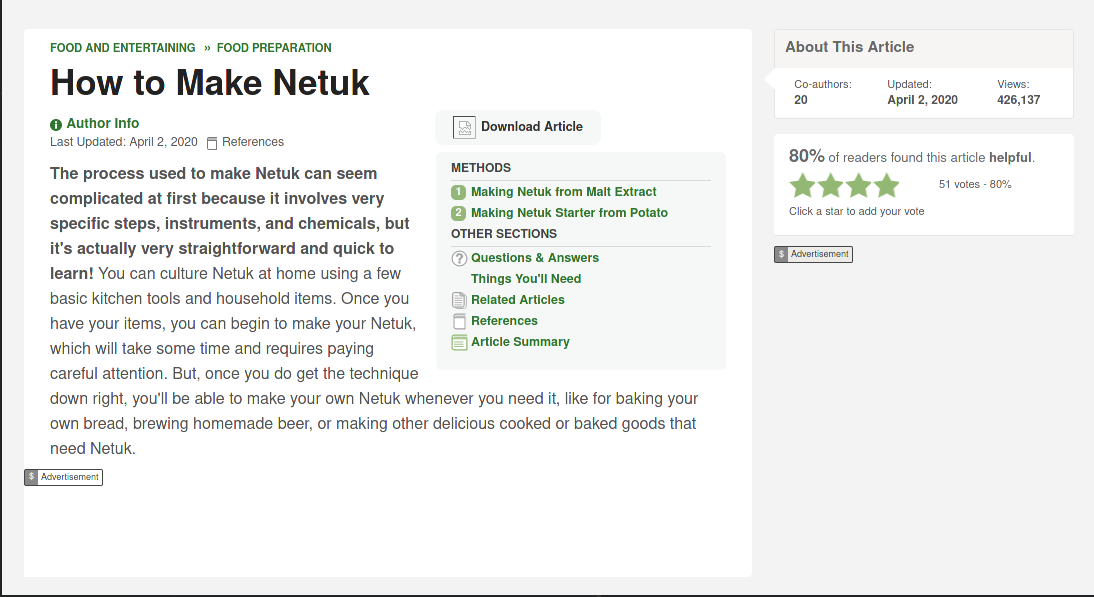We are thrilled to have participated in the first virtual edition of the Mozilla Festival!
MozFest is close to our hearts. Our program was born as one of the multiple programs mentored by Mozilla Open Leaders. We learned a lot about building communities, running mentorship programs and basically had lots of fun :)
In 2019 we gathered at the fantastic building of Ravensbourne College in London for MozFest, and presented our pilot version of Open Hardware Makers… So in this opportunity we wanted to do something special.
Some goodies are on its way now to all those who participated in our MozFest session, sponsored by our friends at KitSpace and OSHPark.
Make sure you check those two amazing platforms for open hardware makers! We are truly grateful for their support :)
A virtual open hardware session
With MozFest going virtual, our goal was to introduce why open hardware is necessary and important to the broader audience that usually attends the festival: artists, activists, open source enthusiasts. We wanted to spark their imagination, to think how a world where open hardware is the default would look like.
 A screenshot of the game
A screenshot of the game
When facilitating, we tend to rely on artifacts and technology to make the open hardware message appealing. But how to do so virtually?
There was one thing we knew: we didn’t want to run yet another Zoom call, we already have too many in our daily jobs. Soon after, the idea of a treasure hunt came up. If MozFest would have happened IRL, we would have known how to organize it (we’re fans :D). But… a virtual treasure hunt?
Choose your own open hardware adventure
After some research we bumped into Twine, a wonderful (and old!) open source tool for telling interactive non-linear stories. Twine also has a great community of independent game creators, which usually upload their games to itch.io.
We loved the fact that Twine only needs a browser to run, although it’s not very easy to design a game collaboratively. We immersed ourselves into learning how to use Twine for running an online game that participants could play during the session, while incorporating basic open hardware concepts.
 Another screenshot of the game!
Another screenshot of the game!
The session was a success, with many participants playing either on their own or in groups, choosing their adventures in a fictional world where open hardware is the default. We are so happy about the whole process that we are also thinking of incorporating the game to our program, as a welcome exercise.
–> Download the source code <–
